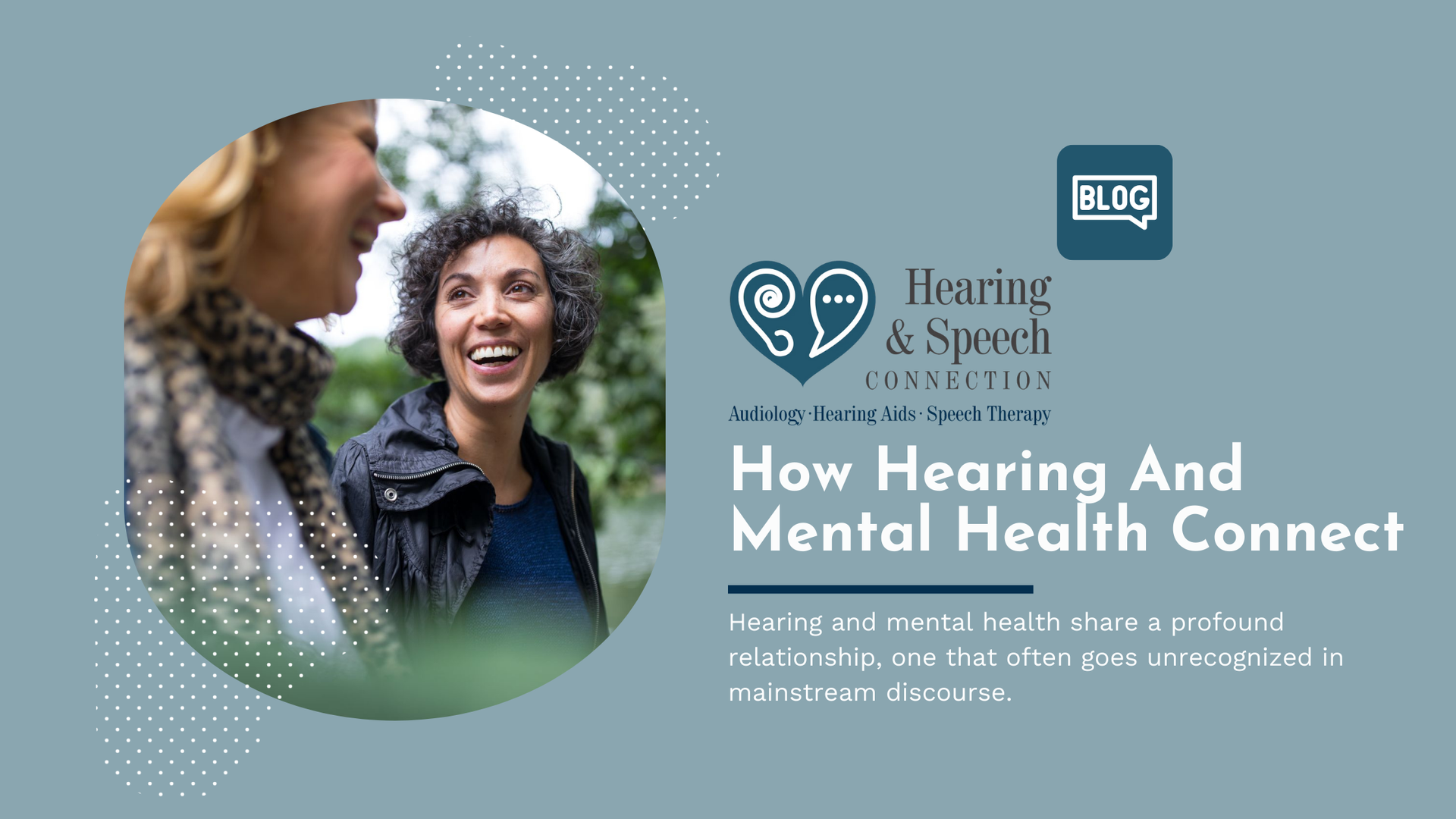Working With Hearing Loss
Working With Hearing Loss
Navigating the workplace can present unique challenges for individuals with hearing loss. However, with the right strategies and support, it's possible to excel in your career while managing hearing loss effectively.
Know Your Rights and Advocate for Accommodations
The first step in thriving in the workplace with hearing loss is understanding your rights under the Americans with Disabilities Act (ADA) and advocating for accommodations that meet your needs. Familiarize yourself with your employer's policies on disability accommodations and communicate openly with your supervisor or HR department about any adjustments you require. This may include requesting assistive listening devices, preferential seating in meetings, or written communication for important announcements. By advocating for yourself and utilizing available resources, you can create a more accessible and inclusive work environment.
Creating an optimal work environment is essential for effective communication and productivity. Make adjustments to your workspace to minimize background noise and enhance communication clarity. Consider using noise-cancelling headphones or sound-masking devices to reduce distractions. Position your desk away from noisy equipment or high-traffic areas to minimize auditory distractions. Additionally, utilize visual aids such as written agendas or presentations to supplement verbal communication. By optimizing your workspace for better communication, you can focus more effectively on your tasks and interactions.
Develop Strong Communication Skills
Effective communication is key to success in any workplace, especially for individuals with hearing loss. Focus on developing strong communication skills, including active listening, assertiveness, and clarity in speech. Practice techniques such as maintaining eye contact, nodding to indicate understanding, and asking clarifying questions when needed. Be proactive in communicating your needs and preferences to colleagues and supervisors, and encourage open dialogue about how to best accommodate your hearing loss. By honing your communication skills, you can build stronger relationships and contribute more effectively to your team.
Advancements in assistive technology have made it easier than ever for individuals with hearing loss to thrive in the workplace. Explore the range of assistive devices available, such as hearing aids with Bluetooth connectivity, captioned telephones, and speech-to-text apps. These tools can help you stay connected, participate in meetings, and communicate more effectively with colleagues. Work with your provider to identify the best assistive technology options for your specific needs and preferences. By embracing technology as a tool for success, you can overcome communication barriers and excel in your professional role.
Prioritize Self-Care and Well-Being
Managing hearing loss in the workplace can be demanding, both mentally and emotionally. Prioritize self-care and well-being to ensure you're able to perform at your best. Take regular breaks to rest your ears and recharge your energy levels. Practice stress-reduction techniques such as deep breathing, meditation, or mindfulness to alleviate tension and improve focus. Maintain a healthy work-life balance by setting boundaries and prioritizing activities that bring you joy and fulfillment outside of work. By prioritizing self-care, you can enhance your overall well-being and resilience in the face of workplace challenges.
Lastly, remember that you're not alone in navigating the workplace with hearing loss. Seek support from colleagues, friends, and support groups for individuals with hearing loss. Share your experiences, challenges, and triumphs with others who understand what you're going through. By building a support network and fostering a sense of community, you can gain encouragement to help you thrive in your professional journey!



All Rights Reserved | Hearing Connection
